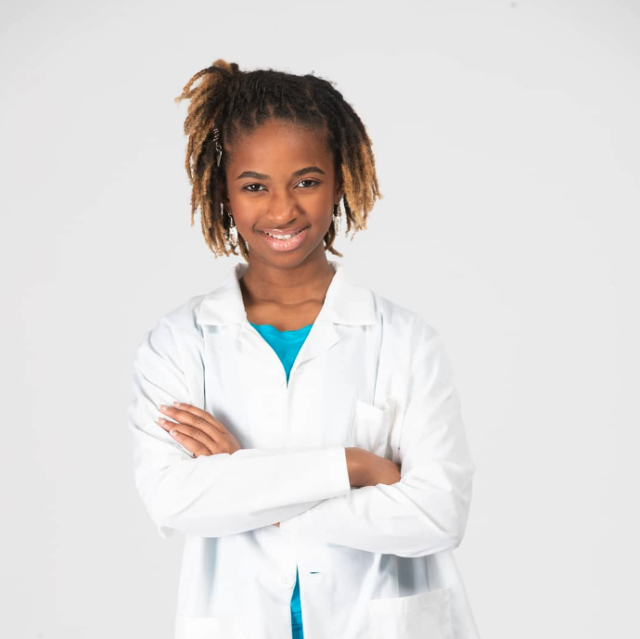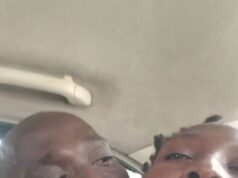
In between playing soccer, baking, and hanging out with friends, the 13-year-old prodigy from outside Fort Worth managed to earn herself a spot at the University of Alabama’s Heersink School of Medicine.
Wicker was accepted for 2024 via the school’s Early Assurance Program, which offers early admission to applicants who meet specific requirements.
“I’m still a normal 13-year-old,” she told The Washington Post. “I just have extremely good time management skills and I’m very disciplined.”
Wicker, who graduated from high school last year, is currently a student at both Arizona State University and Oakwood University. She is simultaneously earning two separate undergraduate degrees in biological sciences.
“What is age?” Wicker said. “You’re not too young to do anything. I feel like I have proven to myself that I can do anything that I put my heart and mind to.”
She was 3 years old when her mother, Daphne McQuarter, started noticing that she wasn’t a typical toddler.
“Alena was gifted,” McQuarter told the Post. “It was just how she did things and how advanced she was. She was reading chapter books.”
School has always been easy for Wicker, so when high school proved boring, she enrolled in college classes.
“I was bored,” she told the newspaper. “The high school work was so easy for me that I ended up graduating from high school at 12 years old.”
Wicker, who was NASA’s youngest intern in the summer of 2021, has always been interested in STEM (science, technology, engineering, and math). Less than two years ago she founded Brown STEM Girl, an organization aimed at providing opportunities for girls of color interested in exploring careers in STEM.
Despite her initial interest in engineering, she ultimately decided to pursue medicine in order to help people in underrepresented communities that lack health care.
“It feels amazing to be able to create a path for girls that look like me,” Alena said. “It doesn’t matter how old you are. You can do it. Don’t let anybody tell you no.”







